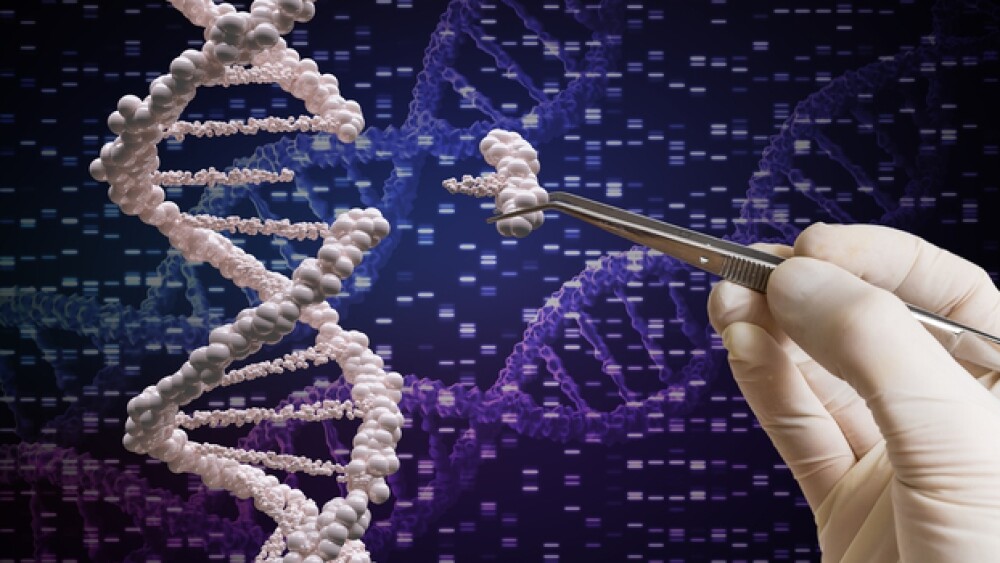The Alliance for Regenerative Medicine, which calls itself an “international advocacy organization representing the cell and gene therapy and broader regenerative medicine sector,” issued a bioethical framework for gene editing’s use in therapeutic applications.
Ever since Chinese researcher He Jiankui announced he had used CRISPR-Cas9 gene editing to alter the DNA of embryos for seven couples, the international science community has been grappling with when it is and is not appropriate to use gene-editing techniques. In March 2019, four months after He’s announcement, leading scientists around the world called for a moratorium on heritable genome editing.
The moratorium didn’t call for a permanent ban, but stated, “Rather, we call for the establishment of an international framework in which nations, while retaining the right to make their own decisions, voluntarily commit to not approve any use of clinical germline editing unless certain conditions are met.”
A number of organizations are working on this. Today, Washington, DC-based The Alliance for Regenerative Medicine (ARM), which calls itself an “international advocacy organization representing the cell and gene therapy and broader regenerative medicine sector,” issued a bioethical framework for gene editing’s use in therapeutic applications.
The framework has five principles. They are:
- The organization endorse investigation of therapeutic applications of somatic cell gene editing. This is compared to germline editing, which is what He Jiankui performed. ARM says this “offers the most acceptable near-term path to potentially transformative therapeutic benefits for patients.”
- The use of gene editing standards. In this regard, ARM supports current work by other organizations, including the NIST Genome Editing Consortium, US Pharmacopeia, International Organization for Standardization (ISO) and others that are working to develop best ethical and safe standards for clinical use of gene editing.
- Continued evolution of national and regional regulatory frameworks. ARM appears to have concerns here over conflicting guidelines and likely political responses at varying levels. “It is our belief that arbitrary and ancillary oversight bodies or processes may carry the risk of delaying research and development efforts, which in turn would adversely impact afflicted patient populations.”
- Germline editing is currently inappropriate in human beings. This is an area that most researchers seem to agree on, and which is the crux of the He Jiankui scandal. Although gene editing clinical trials in various disease states are ongoing, these edits do not change the patients’ germline, at least not intentionally, so no gene edits will be inheritable. ARM doesn’t rule out the possibility that this may be appropriate at some point in the future, but at this time the technology is not mature enough and the various safety, ethical, legal and societal issues involved haven’t been worked out yet.
- In what they are calling “common commitment,” ARM’s fifth principle essentially emphasizes the fourth principle, saying that if and when germline editing becomes safe and feasible, it should come about through an international consensus.
“Gene editing is a rapidly developing technology that represents one of the most exciting developments in medicine,” stated Janet Lambert, chief executive officer of ARM. “These techniques will be integral to the next generation of advanced therapeutics and we welcome their potential to provide important, and potentially life-saving, treatments for patients. As with all breakthrough biotechnologies, we need to exercise caution and good stewardship in our research and development practices and ensure that work involving the genetic modification of cells takes place within the bioethical framework outlined in these principles.”
The full signatories to the principles include a number of companies working in the field, including Audentes Therapeutics, bluebird bio, BlueRock Therapeutics, Caribou Biosciences, Casebia Therapeutics, CRISPR Therapeutics, Editas Medicine, Homology Medicines, Intellia Therapeutics, LogicBio Therapeutics, Precision Biosciences, Sangamo Therapeutics, and Tmunity Therapeutics.





